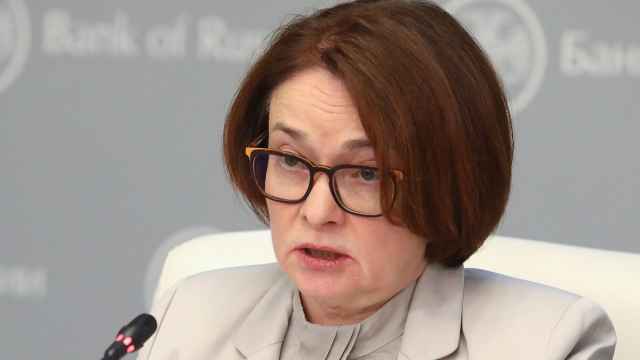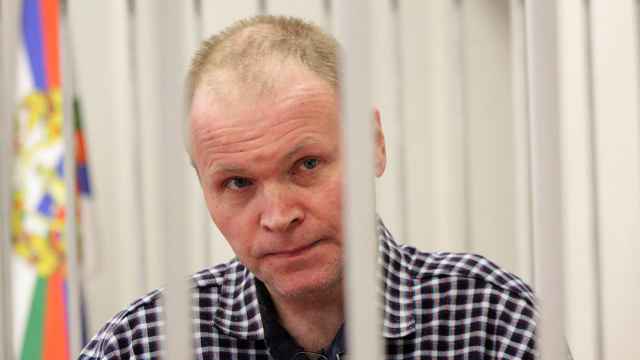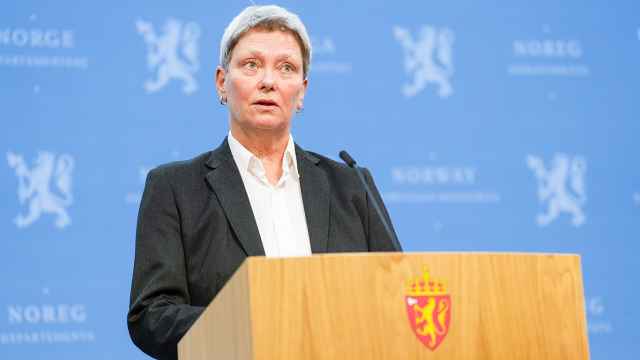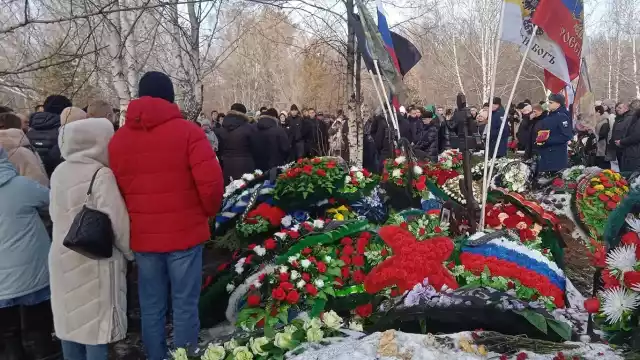
Galina Tkach
Head of Leasing Department
IntermarkSavills
According to IntermarkSavills' research, during the first half of 2011 the average elite rental market supply budget was $7,090, which is 12 percent higher than in 2010 and 10 percent more than pre-crisis prices. The average rental rate increased 7 percent and amounted to $651 per square meter per year.
The most expensive rental housing is concentrated mainly in districts such as Patriarch's Ponds, Arbat-Kropotkinskaya, Krasnopresnenskaya, Tverskaya-Kremlin and Zamoskvorechye. This is due to a reduction in supply in these districts against a background of high demand. Rental rates in these areas can be up to $756 per square meter per year. By contrast, the lowest rents, which account for not more than $585 per square meter per year, are noticed in such districts as Taganskaya, Kuntsevo, Kutuzovsky Prospekt, Leninsky Prospekt and Prospekt Mira.
The rental rates are not uniform, and the cost of similar apartments in different districts varies by $1,000 to $2,000 per month. Apartment rental price depends on family composition. Thus, professionals without family and children more often look for two- to three-room apartments in the city center or near their offices. In general, the rental market of two- to three-room apartments at the end of June 2011 may be characterized as well saturated. Almost all districts offer a large number of properties. The supply volume in the market for three-room apartments is also quite large. More than 30 apartments are offered for rent in virtually all districts.
However, the situation with large apartments (more than five rooms) is much worse. Traditionally, they are especially sought-after in districts where international schools are situated, but now there is a sharp deficit of this kind of property there.
There is an interesting fact that in central districts like Arbat-Kropotkinskaya rental rates for two-room apartments increased 20 percent, and for three-room apartments they remained at the same level.
More requests are coming from families with children for country houses in terms of both environmental cleanness and levels of comfort. Several large companies offer housing in gated compounds with a professional administration, such as Pokrovsky Hills, Rosinka, Serebryany Bor, etc. But most of these compounds have waiting lists as the number of offers is very small. However, the country property market is developing very dynamically, and today there are some interesting compounds that may become a worthy alternative — Angelovo, Kurkino, Otrada, Barvikha, etc.
On the basis of analysis held by our experts, they determined a number of main tendencies that are topical at the moment in the market, as the following:
- In the first half of 2011 the elite rental market demand volume increased 18 percent compared with the year-ago period.
- The market demonstrated a heavy deficit of large apartments in districts within immediate proximity to international schools.
- With a background of stable strengthening of the national currency, 71 percent of rental contracts are concluded in rubles, 9 percent higher than figures recorded last year.
- Overwhelmingly, owners no longer meet requirements of companies and refuse to include monthly utilities in the rental charge.
- Exposition of realizable properties reduced twofold, i.e. to one week on average. In such conditions owners prefer clients who offer a higher price, flexible terms of contract and payment.
- Moreover, owners no longer give discounts. Now realizable properties are leased at the price that is 5 to 7 percent higher than the initial one.
Current trends noticed in the high-budget rental market in Moscow have a direct impact on corporate clients who are now experiencing more difficulties in renting an appropriate type of housing. In accordance with this fact, IntermarkSavills' experts developed several recommendations for big international companies' coordinators to facilitate the search for suitable properties.
- Establish budgets of employees in rubles and return them to the pre-crisis level, since we forecast that by the end of the year rental rates in virtually all districts of Moscow will return to the level recorded in September 2008.
- Acknowledge the limited amount of offered apartments with three to five bedrooms, as well as the increase in rental rates for vacant properties situated within immediate proximity to international schools — in the districts of Chistiye Prudy, Zamoskvorechye and Leningradsky Prospekt. If the budget of the company does not allow the increase of expenses for rent of housing, try to employ professionals with small families or without family for work in Russia.
- Regarding the fact that further reduction in the number of free offers will result in longer selection of rental housing, it is necessary to develop a long-term strategy for search and selection of temporary housing for foreign employees.
- Reconsider a pay package of employees and change a standard rental contract used by the company — exclude owner's liabilities to include monthly payments for Internet, satellite television, electrical energy, etc. in the rental charge.
- In connection with the tendency of quick absorption of realizable properties by the market we recommend the maximum reduction of a period of contract coordination on the part of the company (no more than 5 working days). Alternatively, you may wish to consider signing a letter of intent or preliminary contracts.
- Changes in the market could not but reflect on terms for extension of contracts. In 2009 (a crisis year) it was possible to achieve a price reduction while extending a contract, in 2010 — to keep the price unchanged. Today the rental rate increases 10 to 15 percent (without regard to currency adjustment).
A Message from The Moscow Times:
Dear readers,
We are facing unprecedented challenges. Russia's Prosecutor General's Office has designated The Moscow Times as an "undesirable" organization, criminalizing our work and putting our staff at risk of prosecution. This follows our earlier unjust labeling as a "foreign agent."
These actions are direct attempts to silence independent journalism in Russia. The authorities claim our work "discredits the decisions of the Russian leadership." We see things differently: we strive to provide accurate, unbiased reporting on Russia.
We, the journalists of The Moscow Times, refuse to be silenced. But to continue our work, we need your help.
Your support, no matter how small, makes a world of difference. If you can, please support us monthly starting from just $2. It's quick to set up, and every contribution makes a significant impact.
By supporting The Moscow Times, you're defending open, independent journalism in the face of repression. Thank you for standing with us.
Remind me later.





